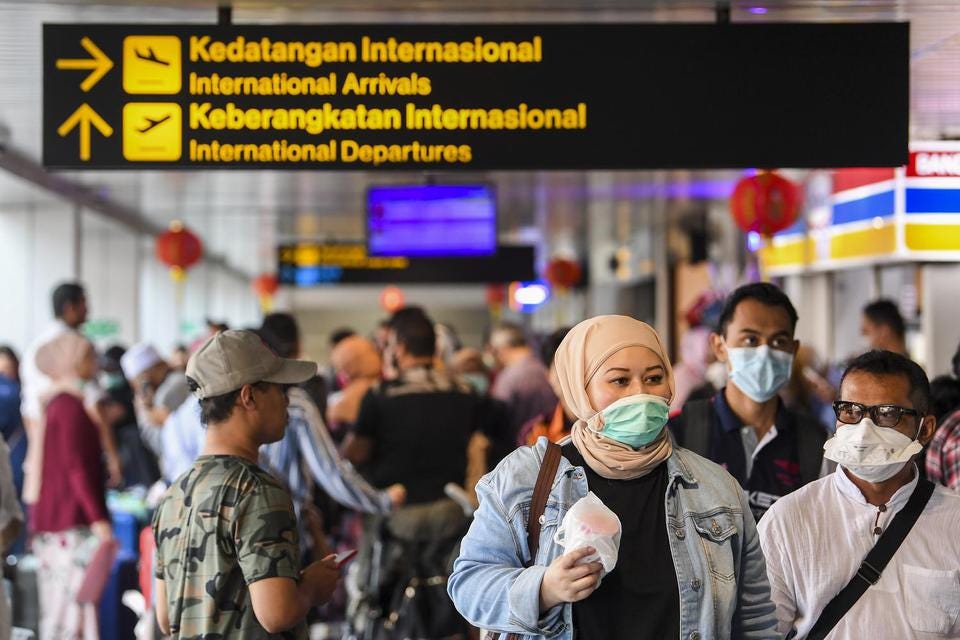Indonesia Tries to Corral Coronavirus
Tardy and unprepared, government faces growing questions

By: Ainur Rohmah
Faced with a stock market that has lost 20.4 percent of its value since the first of the year and a currency that has fallen by 5.3 percent over the past month, partly from apparent lack of concern over the onset of the Covid-19 coronavirus, Indonesia is scrambling to cope with a growing crisis that is calling into question the competenc…
Keep reading with a 7-day free trial
Subscribe to Asia Sentinel to keep reading this post and get 7 days of free access to the full post archives.
